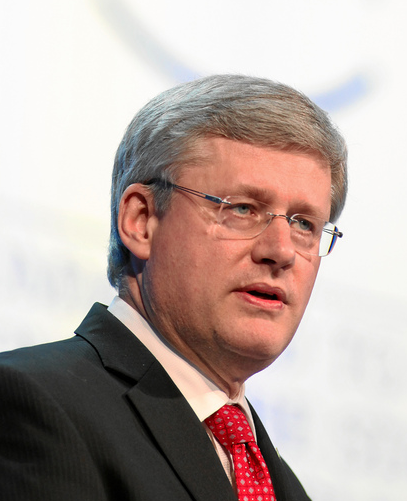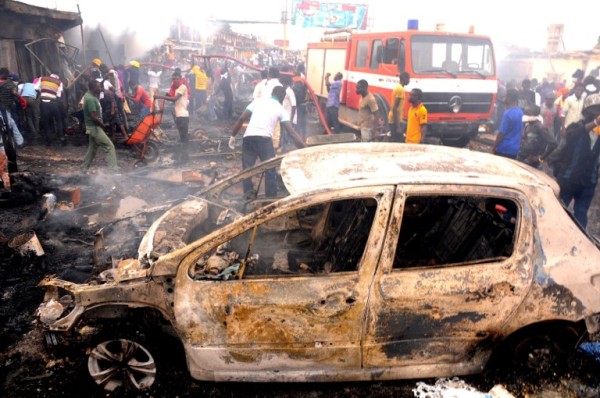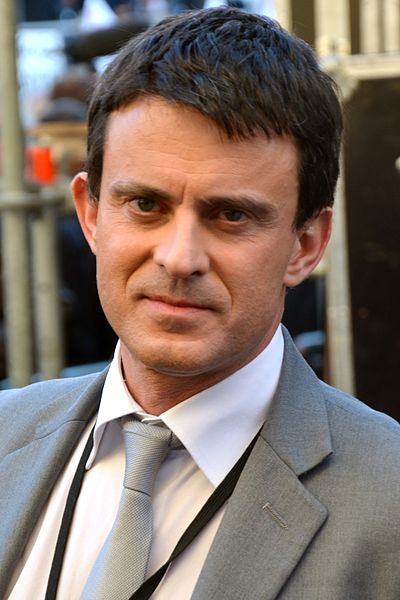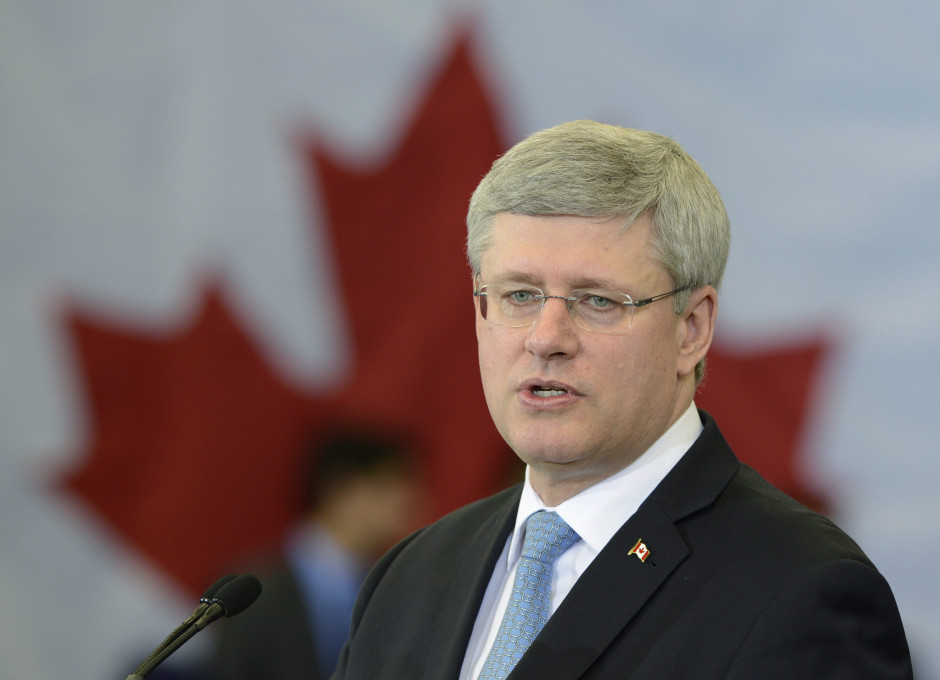It’s not necessarily true that the West is engaged in a “clash of civilizations” with the Islamic world, but it’s certainly true that radical Islam is at war with the West.
As Canadian Prime Minister Stephen Harper said in the wake of the terrorist attack on the editorial offices of the satirical magazine Charlie Hebdo in Paris earlier this month, “The international jihadist movement has declared war.”

By no coincidence, the prime minister of France, Manuel Valls, has reached a similar conclusion. “It is a war against terrorism, against jihadism, against radical Islam,” he observed, just a day after the Kouachi brothers, followers of Al Qaeda, wreaked havoc at Charlie Hebdo, and Amedy Coulibaly, their comrade-in-arms, killed four Jews at a nearby kosher supermarket.
It’s telling and heartening that Harper — a conservative — and Valls — a socialist — are in full agreement over the threat posed by Muslim extremists. Islamic radicalism is a clear and present danger to Western societies, and the response to should transcend partisan politics and national boundaries.
Since the late 1990s, when Al Qaeda bombed two U.S. embassies in Africa, the forces of radical Islam have been on the ascendancy — hitting Western cities such as New York, London, Ottawa and Sydney, attacking Arab governments in Morocco, Jordan and Saudi Arabia, targeting Jewish institutions in India, France and Belgium and, of course, striking Israel whenever possible.
The rise of Islamic State, a particularly vicious Al Qaeda offshoot whose overriding goal is the creation of a caliphate throughout the Middle East, exacerbates an already serious problem confronting the West.
Islamic State, having recruited acolytes from dozens of countries, has established major beacheads in Iraq and Syria, where secular Arab nationalism once thrived. The territorial gains forged by Islamic State in the past year have created a menacing reality in the Middle East, changed the balance of power in the region, deepened and prolonged the Syrian civil war and forced the United States and its Western and Arab allies to commit themselves to new military engagements in Iraq and Syria.

In Nigeria, Africa’s most populous nation, Boko Harm continues its bloody rampage — attacking Christians with virtual impunity, imposing Islamic law on captured areas, kidnapping young women and forcing them to convert to Islam before marrying them off to total strangers, and sacking towns and villages that resist their rule.
Like Islamic State, Boko Haram is driven by a poisonous ideology, cold-blooded fanaticism and an utter disregard for human lives. Unfortunately, the Nigerian army, riven by inefficiency and corruption at the highest levels, is in no position to cripple or crush Boko Haram.
The issue is amplified by the new “lone wolf” phenomenon in which disaffected and angry Muslims acting solely on their own initiative lash out in violent fury to address real or imagined social, political, economic and historic grievances.

Prime Minister Valls, an outspoken critic of radical Islam, alluded to this recently in a thoughtful speech in Paris. Speaking of the worrisome rifts in French society, he said, “A territorial, social, ethnic apartheid has spread across our country.”
In this respect, France, with the biggest Muslim minority in Europe, faces immense problems. Increasing numbers of French Muslim youths feel rejected and alienated. They often drop out of school with few marketable skills and thus face unemployment or underemployment. Radical imams prey on their vulnerabilities. Iraq and Syria beckon, calling them to battlefields. By one estimate, more than 1,000 French Muslims, men and women alike, have gone to Syria and Iraq to join Islamic State.
Last year, France passed vital legislation enabling the authorities to confiscate or void the passports of known extremists, and recently, it announced the creation of a website to combat “jihadist indoctrination.” According to reports, Prime Minister Valls intends to introduce a bill in March that would update the legal framework for surveillance and intelligence operations. The bill is aimed at 3,000 citizens who pose a potential threat to France’s security.
As well, France is allocating almost $500 million to hire and train about 2,500 more police officers in the battle against terrorism. For some French Jews, who have already decided that emigration is their best course of action, these measures come a little late in the day. The damage has been more, and more terrorist attacks are probably in the offing.
Canada, too, is taking steps to deal with homegrown extremism. Later this week, Prime Minister Harper will introduce much-needed legislation that distinguishes between free speech and the endorsement of terrorism.
“Jihadist terrorism is not a future possibility,” he said by way of explaining the rationale for the bill. “It is a present reality.”
Judging by a report in today’s edition of The Globe and Mail, the new Canadian legislation is designed to help police stop planned attacks, criminalize the promotion of terrorism and prevent terrorists from recruiting fresh members and travelling overseas to fight with Islamic State and other like-minded organizations.
These measures are long overdue, considering that Canadian Muslims already have joined the ranks of Islamic State and that two Canadian soldiers were murdered by lone wolf assassins last autumn.
Islamic radicalism can neither be ignored nor left to fester indefinitely. Prime Minister Harper put it correctly when he recently said, “The reality is we are going to have to confront it.”
